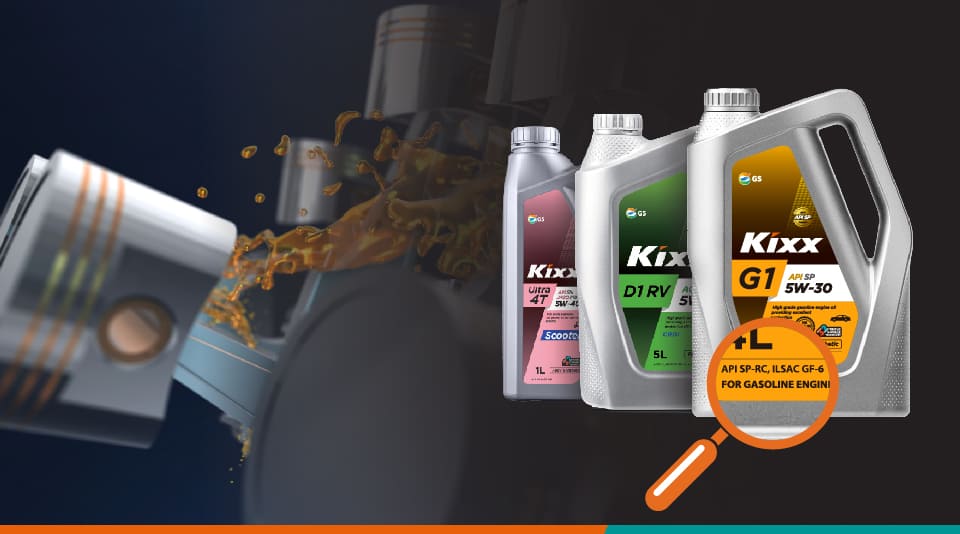
Choosing handlebars over a steering wheel can be an exciting decision. But as any rider will tell you, owning a motorcycle is about more than just riding it. And what you put into your bike is just as important as learning how to ride it.
Using the right engine oil is crucial for an optimal driving experience, whether you’re behind the wheel of a car or on a motorcycle. And while there have been disputes over whether using regular car oil in motorcycles is good practice or not, there is one thing riders should know: no two engine oils are made equal. Though it might be okay in the short run, an engine oil designed specifically for motorcycles can help you get better performance and more years out of your bike.
For those looking to make every ride count, Kixx is here to answer some of the most commonly asked questions about motorcycle engine oil.
Q: Are car and motorcycle engines really so different?
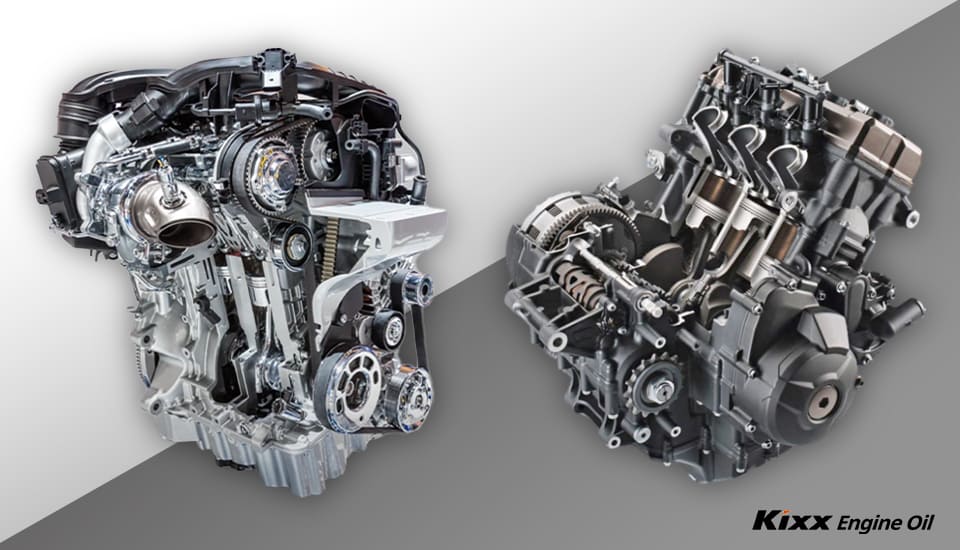
Though they may seem alike at first, car engine (left) and motorcycle engine (right) are built different.
Before discussing how the two types of engine oil are different, it’s important to understand how car and motorcycle engines are built. Cars are made to carry more people, and have larger engines that require more torque. Their engines are also more complex, with more cylinders and turbochargers to generate extra power.
Motorcycles, on the other hand, are built to be lightweight and efficient. Their engines are more compact, and use fewer parts and higher RPMs (revolutions per minute) Additionally, most bikes (excluding scooters) employ an engine, transmission, and a clutch that operate as one connected part, in order to keep the powertrain compact. Motorcycle engines require an oil uniquely designed to meet those demands.
So how do those differences impact the kind of oil you should use in your bike?
Q: What are the biggest differences between car engine oil and motorcycle engine oil?
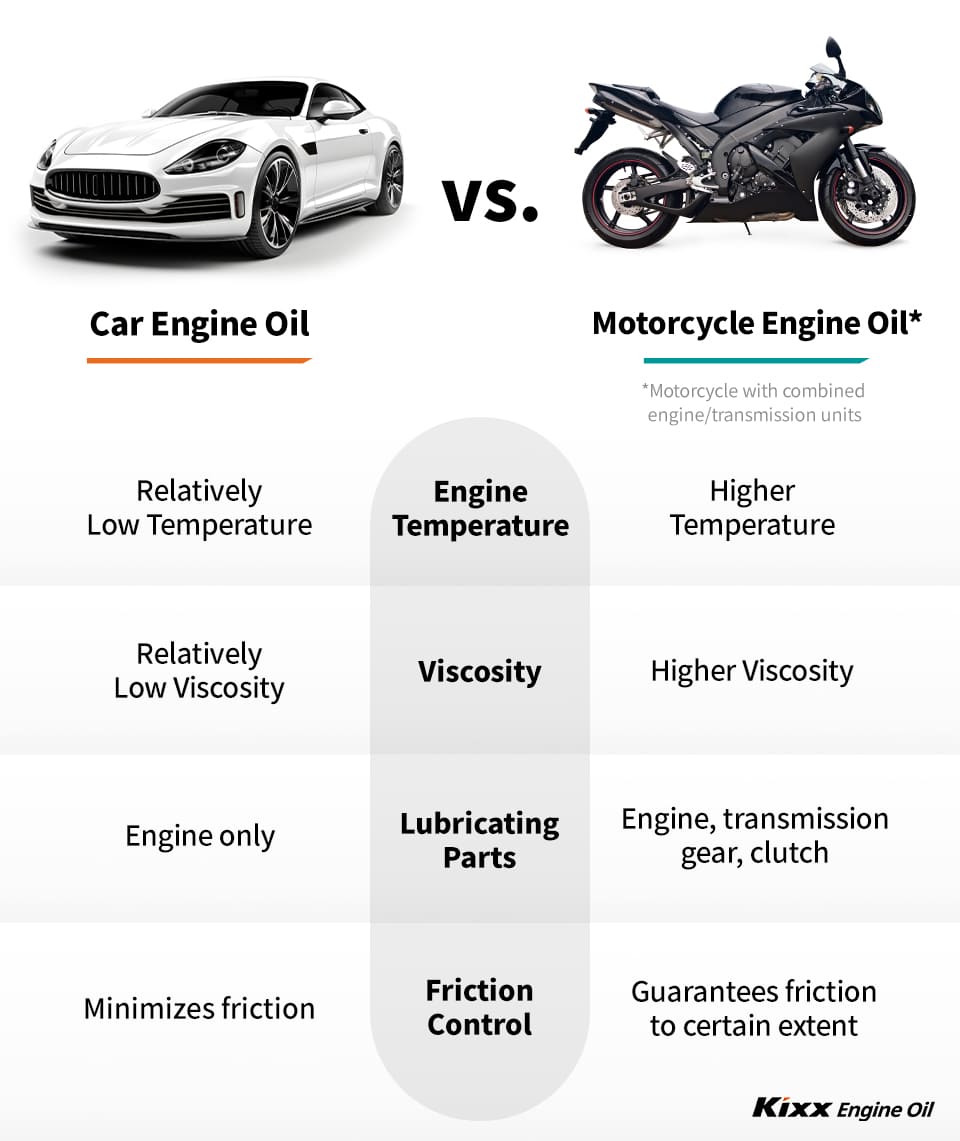
What are the differences between car engine oil and motorcycle engine oil?
For starters, motorcycles need an oil that can stand the heat. The added heat inside your bike engine can cause oils to thin and lose viscosity faster than car engines. To maintain protection, you’ll need an oil with higher viscosity that can stand up to the increased heat, keeping its viscosity even when temperatures rise.
Motorcycle engine oil also does a more diverse job than car engine oil. In a four-wheeled vehicle, the engine and transmission are separate, allowing you to use multiple oils to lubricate different parts. But in a motorcycle with combined engine/transmission units , the transmission system is completely integrated into the engine. Motorcycle engines also use a common oil pan, so they only have room for one oil. That means the engine oil in a motorcycle has to lubricate multiple parts on its own. It protects and lubricates not only the motor, but also your bike’s clutch and transmission.

The role of a motorcycle clutch is to temporarily disconnect the engine from the transmission and drivetrain system which drives the rear wheel.
That added responsibility of protecting multiple parts means motorcycle oils must be made differently from car engine oils, with different additives to help your engine perform at its best. One key example is friction modifiers. Car engine oils are infused with friction modifiers to help reduce friction between different engine parts while improving lubrication and fuel economy.
But using friction modifiers in a motorcycle with combined engine/transmission units, which requires a certain amount of friction to prevent clutch slippage, can actually be harmful to performance. The clutch on the motorcycle, which connects and disconnects power flow between the engine and the transmission, requires a certain level of friction to operate properly. Regular car engine oil, specialized in reducing friction, can lead to too much slippage and acceleration loss, causing gear failure and hurting your ride.
One thing to note here, is that some motorcycle engine oils are designed to minimize friction: engine oils for scooters. In a scooter, the engine and the transmission clutch are separate, just like in a car. So if you do drive a scooter, your best performance will come from an engine oil that lubricates the engine exclusively, and is equipped with friction control features.
Q: What kinds of engine oil should I use in my motorcycle?
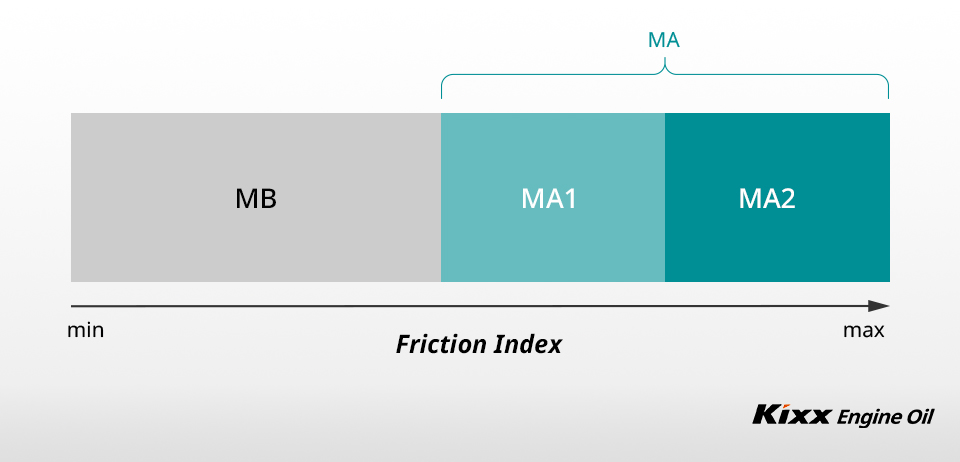
JASO MA approved oils deliver higher clutch friction performance for standard transmissions,
while JASO MB oils deliver lower clutch friction.
There are some important labels and letters to watch for when shopping for motorcycle engine oil. Knowing these will help you pick the oil best suited to protecting your bike. Start by looking for oils that meet the standards and bear the label of the Japanese Automobile Standards Organization (JASO). JASO is a grading system used all over the world to assess motorcycle engine oils. A common sight on engine oil product labels, JASO has different specifications for different engine types – like M345 for two-stroke engines, and T903 for four-stroke.
For a motorcycle with combined engine/transmission units, the best results will come from an engine oil that meets the JASO MA specifications. They deliver the balanced friction characteristics required for a motorcycle with combined engine/transmission units. If your motorcycle has an automatic transmission and requires lower friction, you should look for an engine oil that meets JASO MB specifications. There are some car engine oils that also meet specifications for motorcycles. If you choose one of these options, it’s best to check your manufacturer’s guide to ensure the engine oil is right for your bike before using.
For more on how these two specifications differ, check out our previous article.
To find out more about Kixx’s wide range of engine oils for motorcycles, visit us at KixxOil.com.

Changing your motorcycle engine oil regularly is key to ensuring a safe ride.
Related Articles
Related Articles
Recommended Products
Recommended Products
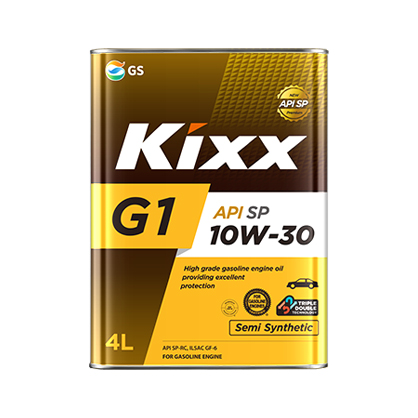

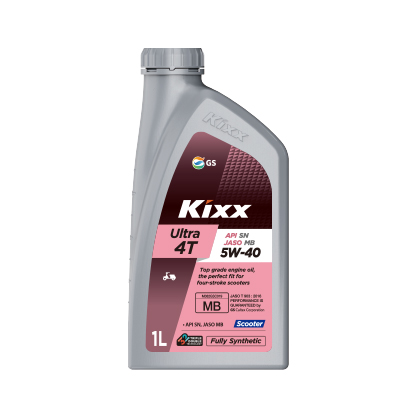
Top grade engine oil, the perfect fit for four-stroke scooters
News | Stories | Tips & Info | About Us | Product Finder
GS Caltex Address:
GS Tower 508, Nonhyeon-ro, Gangnam-gu, Seoul, Republic of Korea
Copyright © 2024 GS Caltex Corporation. All rights Reserved

